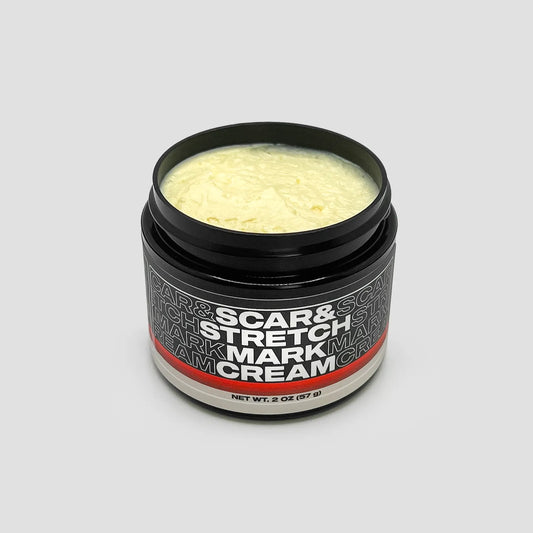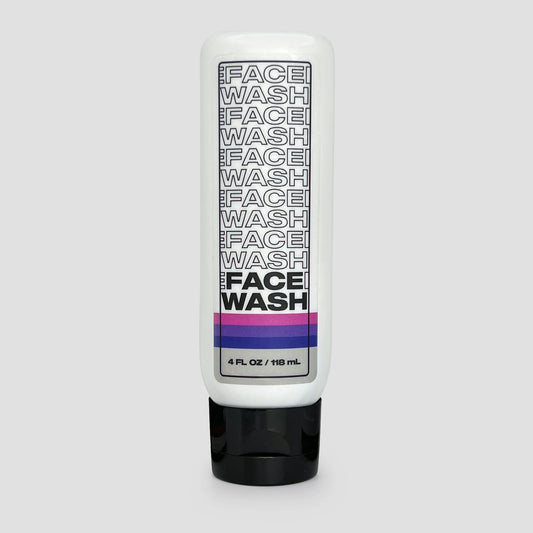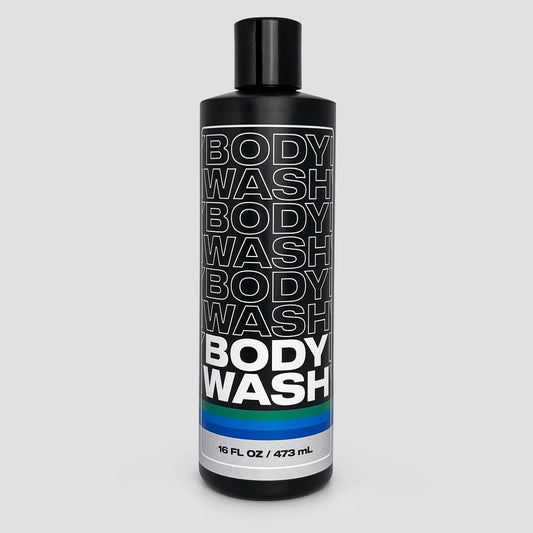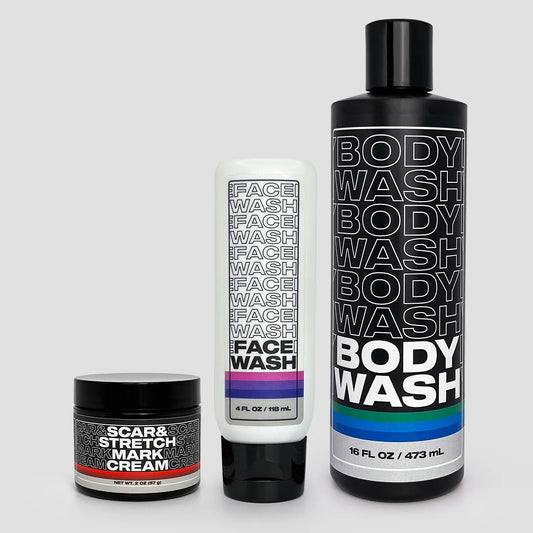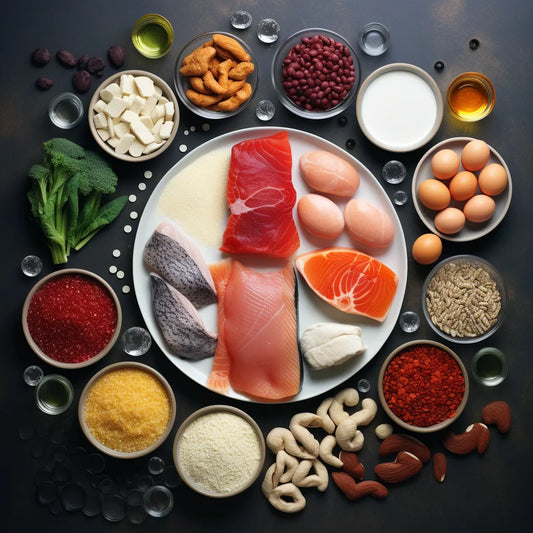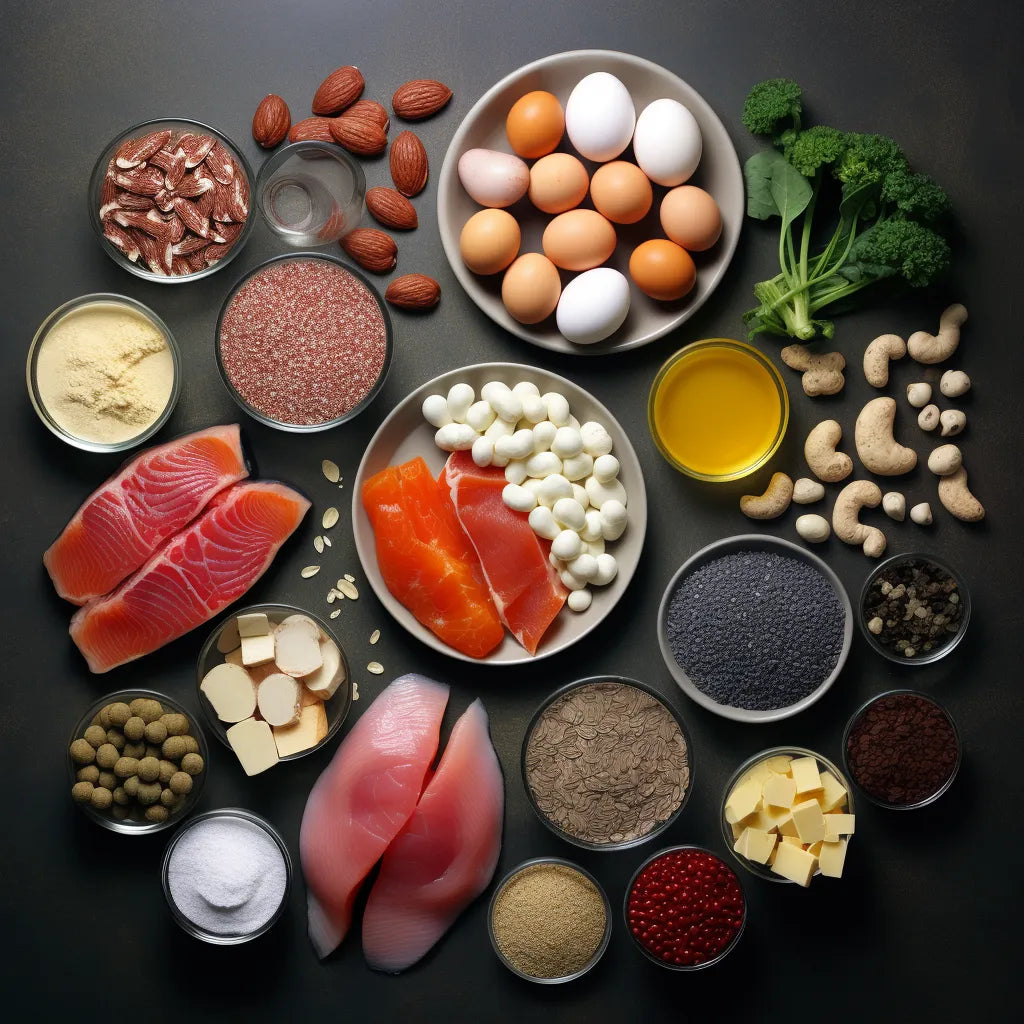

Picture this: it's a Monday, your favorite one at that, Chest Day. You're committed, determined, enduring one rep at a time, sculpting that physique you have envisioned in your mind. But is it enough? The love for lifting that you have is unmistakable, but what's helping you meet your goals is not just about what you do inside the gym, but outside too, specifically, what's in your shaker bottle after those grueling workouts.
Whether you're a fitness newbie or a seasoned gym rat, the question of whether to opt for whey protein or plant protein may have crossed your mind. The truth is, it does matter; both types have their benefits, and understanding them can be vital for unlocking your potential and achieving the physique of your dreams.
This comprehensive guide will dive deep into the showdown between Whey Protein and Plant Protein, from what they are to their benefits and drawbacks, helping you make an informed choice.
By the end of our journey together in this article, you'll be armed with the knowledge you need to make your protein supplement work for you effectively, rather than just adding a routine scoop-post-workout with no rhyme or reason. Buckle up, and let's dive right in!
What is Whey Protein?
Whey protein is derived during the process of turning milk into cheese. It's complete, meaning it contains all nine essential amino acids necessary for protein synthesis in your body. This type of protein is rapidly absorbed, making it an excellent choice for post-workout recovery. It boasts an impressive BCAA (branched-chain amino acids) profile, especially L-leucine, which directly stimulates protein synthesis to give you those gains you've been working for.
What is Plant Protein?
Plant protein is derived from a variety of plant sources such as peas, hemp, and brown rice. Most plant proteins are incomplete, meaning they lack one or more essential amino acids. However, combining them can give complete proteins. They're a fantastic alternative for vegetarians, vegans, and those with dairy allergies or lactose intolerance. Plus, they're packed with fiber and other vitamins.
Navigating Through The Protein Maze: Making The Right Choice
Choosing between Whey and Plant Protein can seem like a daunting task, what with the plethora of information available. Here's a systematic approach to help you evaluate which protein supplement is your perfect match. Let's break it down, step by step.
1. Determine Your Dietary Preferences and Restrictions
If you're a vegetarian, vegan, or have dairy-allergies, plant protein would be the obvious choice. However, if you have no restrictions, both options are open to you.
2. Consider Your Fitness Goals
If speedy recovery and muscle building are top priorities, whey protein should take the win due to its high Leucine content. If you're looking for a more balanced nutritional profile with fiber, vitamins, and minerals, plant protein would be the way to go.
3. Taste and Mixability
Whey protein is generally considered more pleasant tasting and mixes well. Plant protein, on the other hand, can have a grainy texture and a strong aftertaste, but brands have significantly improved upon this over the years.
4. Understand The Cost
Generally, high-quality plant proteins can be more expensive than their whey protein counterparts due to the process of extracting protein from plants being more complex. Keep this in mind when evaluating your options.
Are there any side effects of Consuming Whey Protein?
In some individuals, whey protein may lead to digestive problems like bloating, stomach cramps, and nausea. These effects can be mitigated by opting for whey protein isolate, which has less lactose content. Overconsumption may potentially damage kidney function in individuals with pre-existing conditions.
Are there any side effects of Consuming Plant Protein?
Consuming plant protein is generally considered very safe. Some individuals may experience digestive discomfort due to the higher fiber content, though this typically subsides after a period of adjustment. Always ensure your plant protein source is non-GMO and free from pesticides.
Unlocking Your True Potential Starts with The Right Nutrition
By now, you should have a well-rounded perspective on the division between whey protein and plant protein. A reminder that there is no one-size-fits-all answer. Look at your fitness goals, dietary preferences, and above all, listen to your body.
A Recap of The Protein Showdown
- Whey protein is derived from milk, while plant protein is derived from plant sources like peas, hemp, and brown rice.
- Both whey and plant protein have their set of benefits and drawbacks. Your choice should align with your fitness goals and dietary requirements.
- Whey protein is high in leucine, making it excellent for muscle building and recovery, while plant protein provides a balance of protein, fiber, and other nutrients.
- Consider factors such as dietary preferences, taste, cost, and potential side effects while making your choice.
At the end of the day, it's about fueling your body with the right nutrients. And remember, a shake alone isn't going to cut it. It should be part of a balanced diet and healthy lifestyle. Together, let's march towards unlocking your true potential, and achieve a physique that doesn't just look strong, but feels strong too!
"
